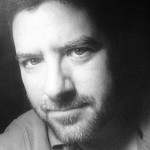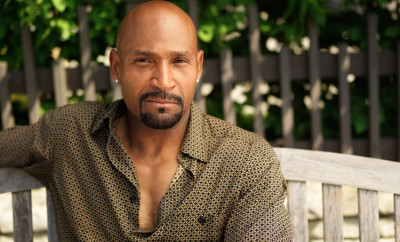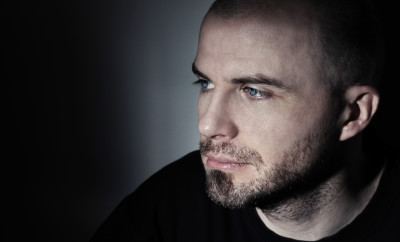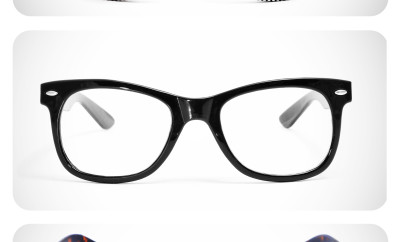Three Lenses That Distort Your Reality – and how to bring them into focus! ( Part 3 of 3 )
By Steven Reeder, CPC, ELI-MP
Part 3 – the Inner Critic
There is a famous saying, “We don’t see the world as it is, we see it as we are.” This is to suggest that how we see the outside world, either a happy, sad, safe or dangerous place, is greatly dependent on how happy, sad, safe or endangered we feel on the inside. Our inner life and the lenses through which we see our own reality actively shape the world we encounter every day.
We’ve discussed how Limiting Beliefs and Interpretations influence the reality we create [see Parts 1 & 2.] More so than the two prior, the Inner Critical voice can be a major league block to happiness or fulfillment. Sometimes called a “gremlin,” your inner critic can masquerade as a limiting belief or an interpretation, but beyond mere observations, the message of the inner critic is always judgment: I’m not good enough.
I’m not smart enough to go to college. I’ll never have enough money to afford that. No one will go out with someone like me. I could never do what you do, I’m not that talented. I could never talk to a hot guy like that. I get so nervous when hot guys talk to me (i.e. because I’m not as hot as they are.) I hate my looks. I’m too short/tall/fat/skinny/young/old. I’ll never get ahead. I’m such an idiot.
The power behind your inner critic is in believing that everything about you is flawed. If you feel inadequate in one area of your life, the voice of the inner critic can cause you to start believing that it is the whole of you that is inadequate.
Believe me when I tell you that I sucked at sports in school. All of them. A lot. Every trip to the locker room and out to whatever playing field brought with it a sense of dread and humiliation. More than once, I told myself, “I really suck at this. I’ll never be good at this.” I realize today that my focus was in the wrong place. It was not my fault, or anyone’s fault, that I was not good at a particular sport. Yet, I leveled the criticism at myself for being inadequate, rather than acknowledging I was simply in a situation where I was unskilled. This may seem like splitting hairs, but it is not. Being unskilled at a sport did not make me a bad person, a stupid person, a worthless person. I was in fact much better at other things, so it was only the situation that highlighted my lack of skill in that one area. I was not an inadequate person (and neither are you!) I simply lacked skill in one facet of activity, and took it personally.
Of course, it makes perfect sense that we would want to do our best in any given situation. If we’re not doing our best, we could appreciate a voice that says, “That could be done better.” That inner critic really does want us to be successful! Unfortunately, it often uses the harsh language that’s been leveled against us by others (or that we use toward others) as a form of back-handed encouragement to do better.
Change Your Life thru Coaching
In just merely critiquing ourselves, we can often do better. Whereas the language of the inner critic focuses on the negative (what you can’t or didn’t do), ask instead what you can do or accomplish, what you’re good at, or how you can improve what you’re doing or seeking. As you begin working with your inner critic, give yourself a break. Do unto yourself as you would have others do unto you (that’s what I call the Golden Mirror Rule.)
. . . . .
Granted, these concepts probably didn’t occur to your teenage self, especially if forced into mandatory social activities where your shortcomings are highlighted. Those are tough situations as an adult, much less when your self-esteem is just beginning to form. All too often at that crucial time of development, we are given messages that we are not good enough: because we lack some social or competitive skill, or because of how we look, or how we act, or because of a label we’ve been given. These can all impact the quality of self-esteem we develop at a young age, and many of us are still feeling the repercussions. In upcoming articles, we’ll be discussing the pillars of self-esteem, and ways to build those pillars staunch and stable.
Steven Reeder, CPC, ELI-MP
Two things in life strike him to the core: rock and roll, and personal growth and development. Electric guitars move his outer body, while the pursuit of wisdom and discernment moves his inner body. Fluent in the work of Caroline Myss, Neale Donald Walsch and Bruce Schneider’s Energy Leadership, Steven is best known for taking all this information and synthesizing it into practical, tangible material that is immediately applicable to life for instant impact. Steven combines his knowledge of the metaphysical and the practical to create a unique approach to helping you create your best life. Steven is an Energy Leadership Master Practitioner and Certified Professional Coach. Steven can be contacted at Steven Reeder.com







3 Comments